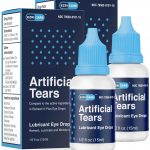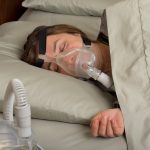
A new study shows the importance of the messenger when trying to encourage people to get their COVID-19 vaccines. People who know someone who was sickened by the virus or who died from it were twice as likely to get their own vaccinations, researchers report. “This study shows that the messenger matters more than the message: Hearing about the experiences of a trusted person, such as a friend or a family member, can be more effective than vaccine mandates,” said lead author Saurabh Kalra, a doctoral student at the Rutgers School of Public Health in New Brunswick, N.J. “A corollary to this finding is that an influential public figure whom people admire and trust can adversely impact public health if they share misinformation such as the disease is harmless or the vaccines are harmful or unnecessary,” he said in a Rutgers news release. The researchers surveyed just over 1,100 people who were eligible for the vaccine from April 7 to April 12, 2021. They asked whether each person knew family members or friends who had recovered, were still sick or had died from COVID-19. They also asked about COVID vaccination. Certain categories of people were more likely to have received an initial vaccine dose within four months of the emergency use authorization for the Pfizer and Moderna mRNA vaccines. These included essential workers, people with… read on > read on >
























-300x200.jpg)













